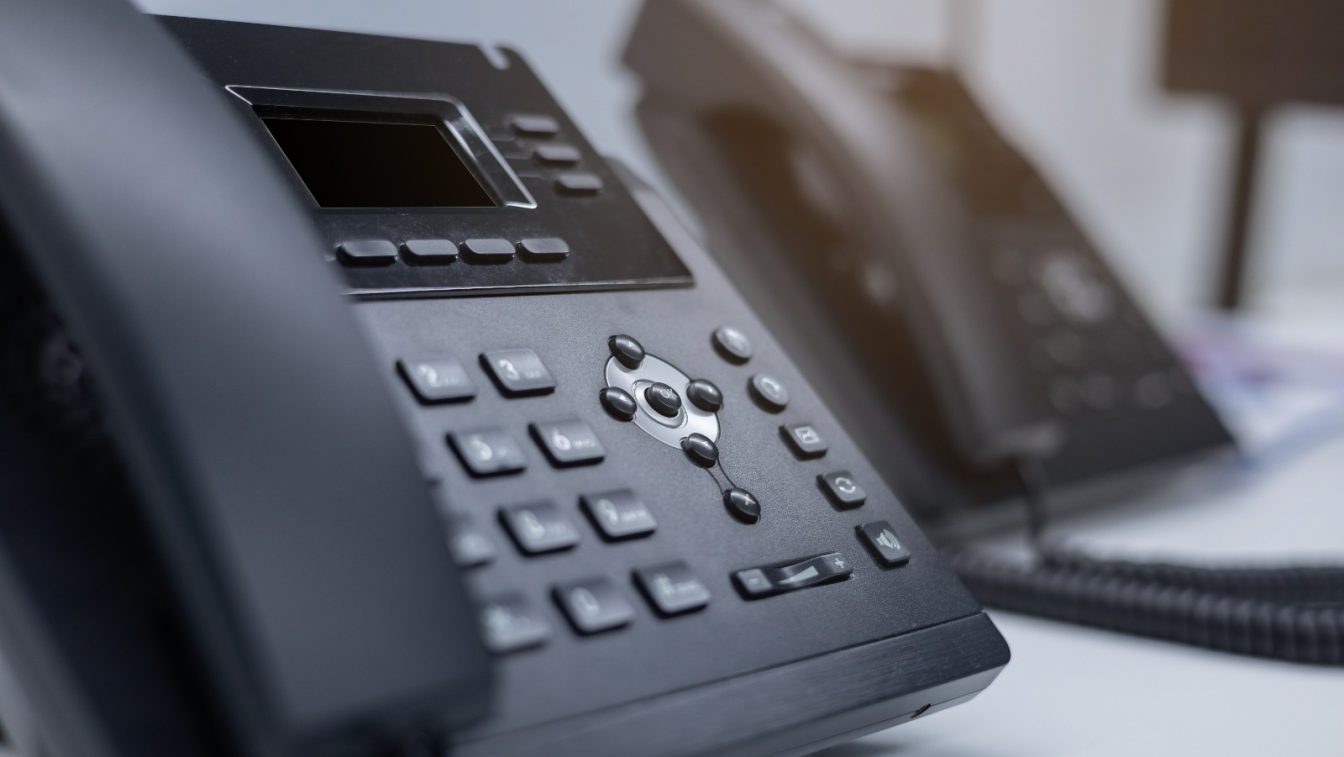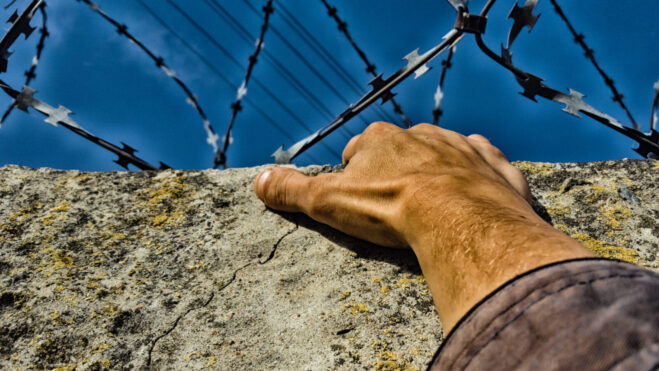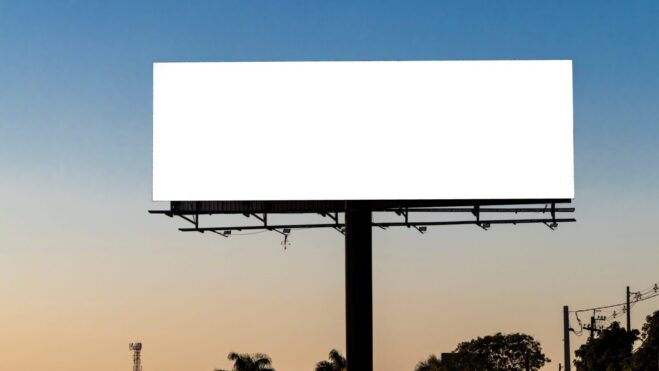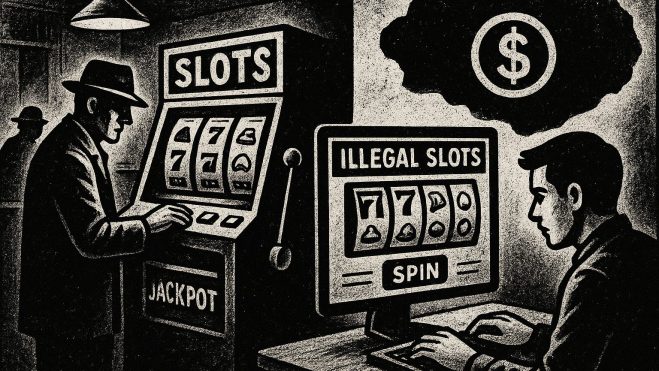Crisis At The Crisis Line: What Happens Monday With 1-800-GAMBLER?
With the helpline going back to the Council on Compulsive Gambling of New Jersey’s control, industry experts are concerned about its future
2 min
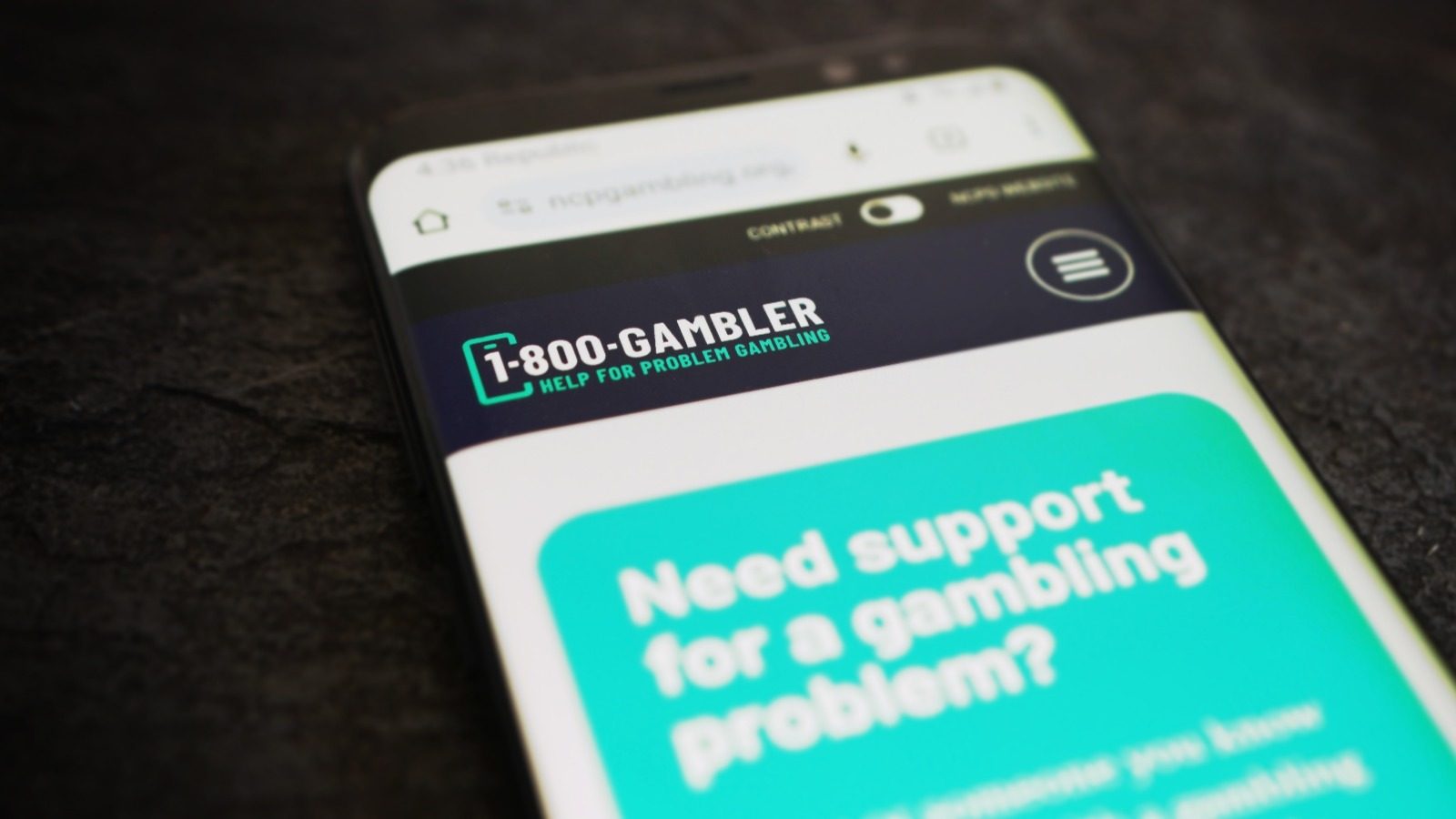
A New Jersey judge’s decision to return control of the 1-800-GAMBLER helpline to the Council on Compulsive Gambling of New Jersey (CCGNJ) has created a deadline next Monday that’s raising serious questions about whether the transition can happen without major service disruptions.
CCGNJ, which started the helpline in the 1980s, will take back control from the National Council on Problem Gambling (NCPG) after a legal fight over lease renewal. The organization says there won’t be any service interruptions, but every industry source I spoke with — all of whom are familiar with how these systems work — say the challenges might be bigger than CCGNJ is letting on.
CCGNJ did not respond to requests for comment before this story was published.
How it works
The 1-800-GAMBLER system today isn’t the simple phone line CCGNJ used to run. It’s a network that handles about 20,000 monthly contacts, according to my sources — calls, texts, and online chats — and routes them to more than two dozen call centers around the country based on where the caller is located.
Here’s the problem: The court gave CCGNJ the phone number, but it didn’t make NCPG hand over the whiz-bang technical stuff that actually makes the system work. Industry sources say this means CCGNJ has to contact each state and ask for its routing information — basically, the phone numbers where calls should be sent.
This is both a technical problem and a political one. Every source I spoke with questioned whether states will be so willing to hand over their problem gamblers to another state’s organization.
Big jump in calls
What CCGNJ is taking on is a huge jump from what it used to handle. The NCPG reported a 43% spike in calls and 84% jump in chat volume in 2021, which partially led to the NCPG teaming up with CCGNJ in the first place three years ago. Those numbers have undoubtedly grown since then.
The transition has another problem: state pushback. A handful of states, including Massachusetts and Arizona, never joined the unified 1-800-GAMBLER system in the first place. They kept their own helpline numbers instead.
Industry sources say some of these holdout states are looking at this mess and feeling pretty good about their decision to stay independent. Worse for CCGNJ, some states that did join the national system might use any chaos as a reason to bail out.
The coordination problem is especially tricky because CCGNJ doesn’t have the formal relationships that helped NCPG work with state partners. Many state councils are official NCPG affiliates, which creates institutional connections that just don’t exist with CCGNJ, according to sources.
The fight explained
So why is this happening? Again, I have to lean on sources, who all had a similar take: The battle comes down to a basic disagreement about how problem gambling services should work. CCGNJ fought to take back the number because it believes NCPG works too closely with gambling industry stakeholders.
CCGNJ’s leadership — per sources, with calls to it not returned — wants separation between problem gambling services and industry money, which puts it at odds with the trend toward industry-funded responsible gaming programs. That position might sound good in theory, but industry sources question whether it makes sense given how problem gambling services actually get funded.
NCPG’s approach of working with industry has let it secure funding for expanded services, but critics say this creates conflicts of interest that hurt its ability to advocate effectively.
For gambling companies, this creates immediate headaches. The 1-800-GAMBLER number is on ads, mobile apps, and casino floors across the country. Companies don’t know if the number will keep working reliably for their customers come Monday
NCPG says it will file emergency appeals but, with the compressed timeline, legal fixes seem unlikely. It’ll probably end up having to get a new national number and rebuild all the coordination infrastructure it spent three years putting together.
The big question for CCGNJ is whether it can get enough states to cooperate to keep the network working. Industry sources think that’s far from guaranteed.


